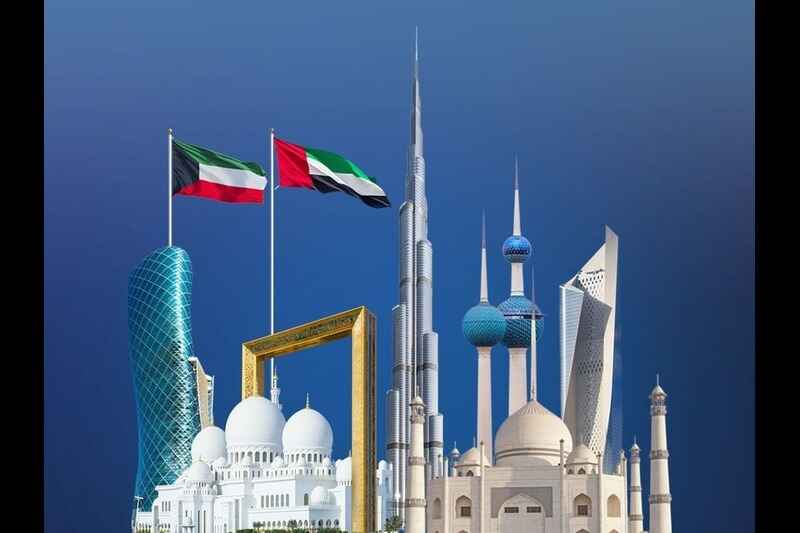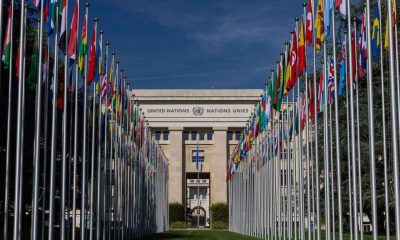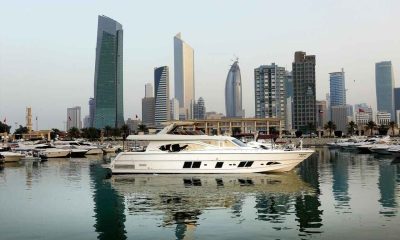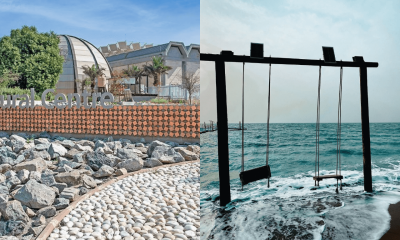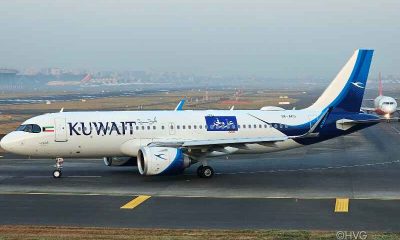The diplomatic relations of the Gulf states have ranked the state visit by UAE President His Highness Sheikh Mohamed bin Zayed Al Nahyan to Kuwait among the most historic; the Emir of Kuwait, Sheikh Mishal Al-Ahmad Al-Jaber Al-Sabah hosted His Highness at Bayan Palace. The latter was devoted to the further consolidation of the traditional friendly and brotherly relations of the two states and the main events taking place in the given area. The leaders studied the overall strategies for developing political, trade, investment and security cooperation, as well as people-to-people ties between the two nations, and underlined the two nations’ keen interest in the peace and security of the region.
Strengthening Historic Bonds
The talks also reflected the centuries-long and cordial historical and cultural relationship between the UAE and Kuwait and the president’s desire to further strengthen it. The current relation is based on solidarity as both countries share the same culture and values. Sheikh Mohamed and Sheikh Mishal said this visit was a starting point for a new chapter in relations that existed between the late Sheikh Zayed bin Sultan Al Nahyan and Kuwait’s rulers. Today it functions only in the form of the Kuwait UAE Joint Committee which is responsible for the coordination of the different activities in the economic and investment field.
The meetings were passed on the topic of the state and possible development of economic cooperation; they defined the new prospective spheres of interaction in the frames of trade and investments. He stressed that economic cooperation is one of the key forms of development for both countries and the UAE has had good cooperation with Kuwait. Both parties committed to supporting and advancing the other party’s developmental interests to attain their shared ambitious development agenda.
Regional Stability and Future Vision
All of them spoke about the issues of the region, focusing mostly on two issues – Gaza and Lebanon. They also emphasized on call for action of the international community to safeguard the civilians and to cease fighting in accordance with the principles of humanitarian law. Here we emphasized their concern over the sovereignty of Lebanon and their support of the international system of handling the conflict that involves both states.
After the meeting with the press, Sheikh Mishal and Sheikh Mohamed urged the powers not to aggravate the conflict but to create security in the Middle East at the same time. In respect to regional and international challenges they referred to a shared position of the issues and added that it was important to be cautious as new problems are being faced. The meeting was concluded by a luncheon involving the Emir of Kuwait and other officials and state dignitaries from both Kuwait and Saudi Arabia.
